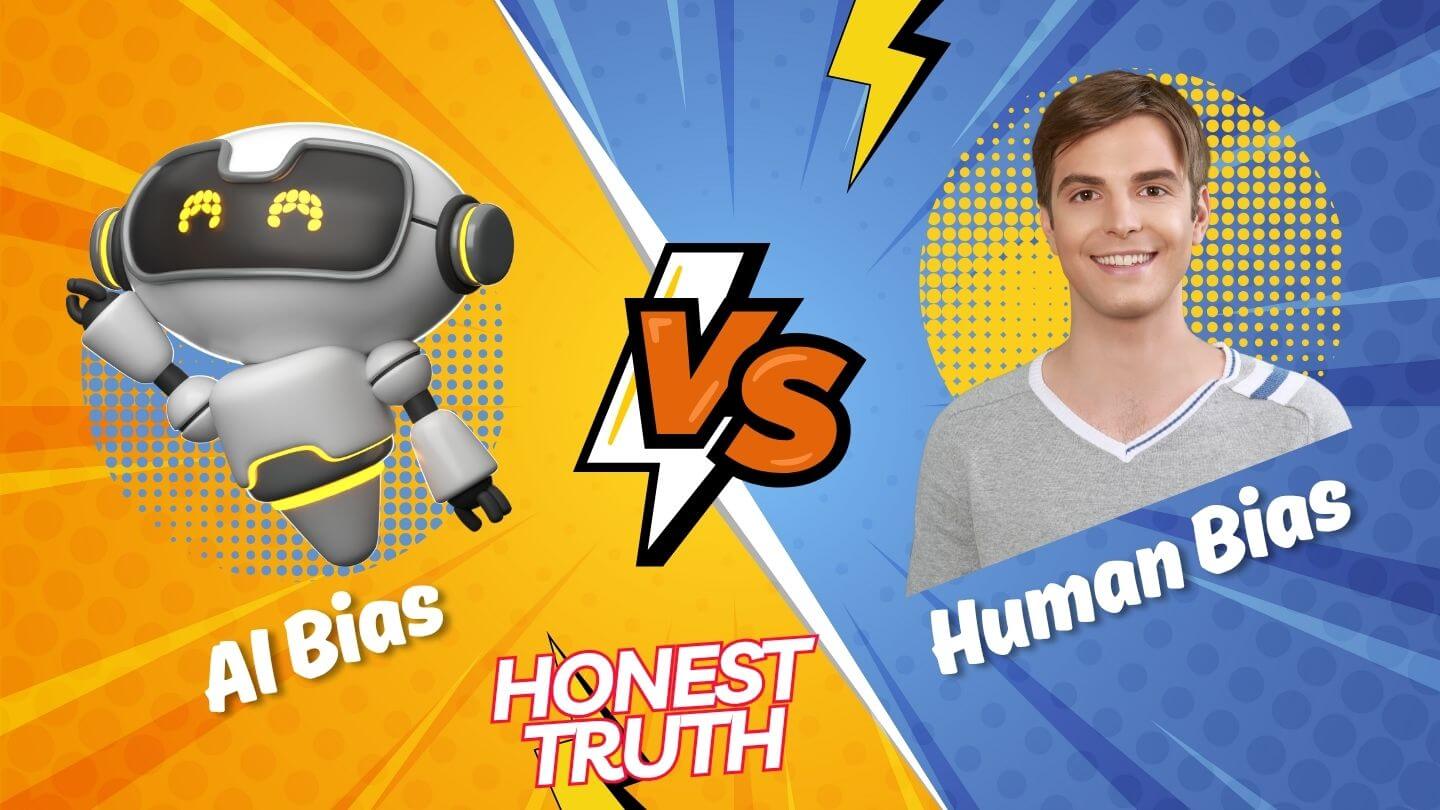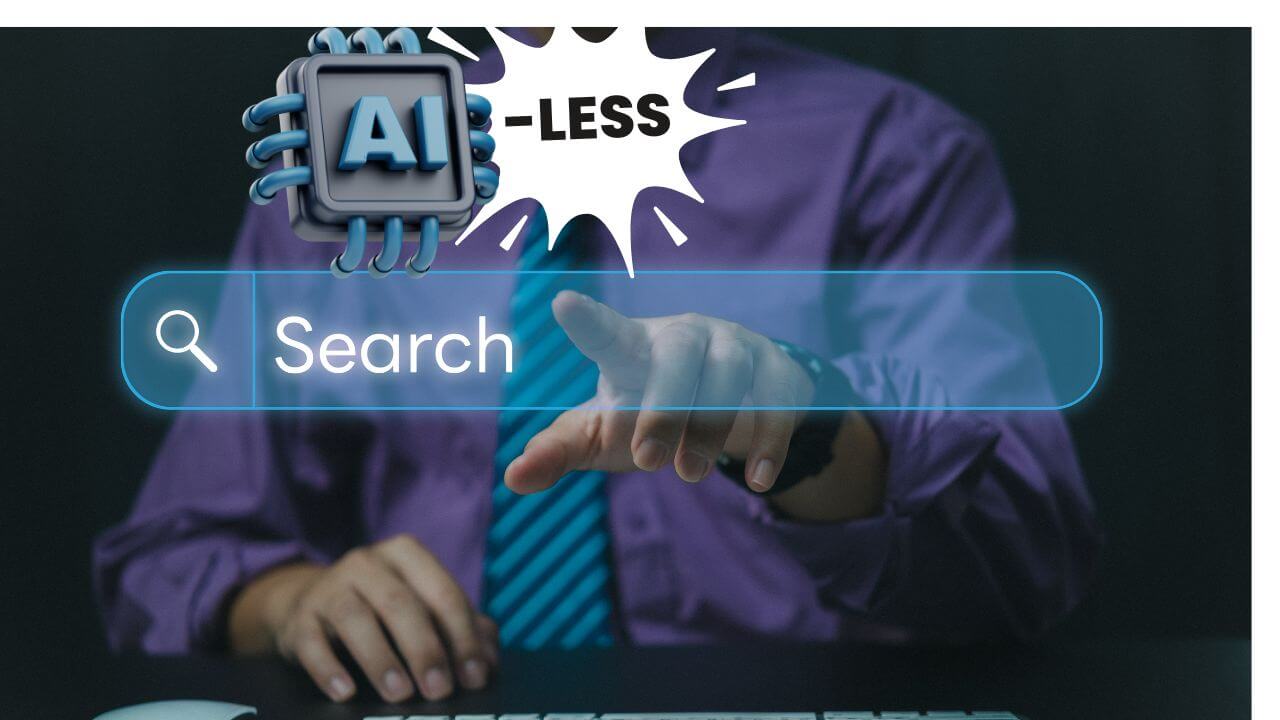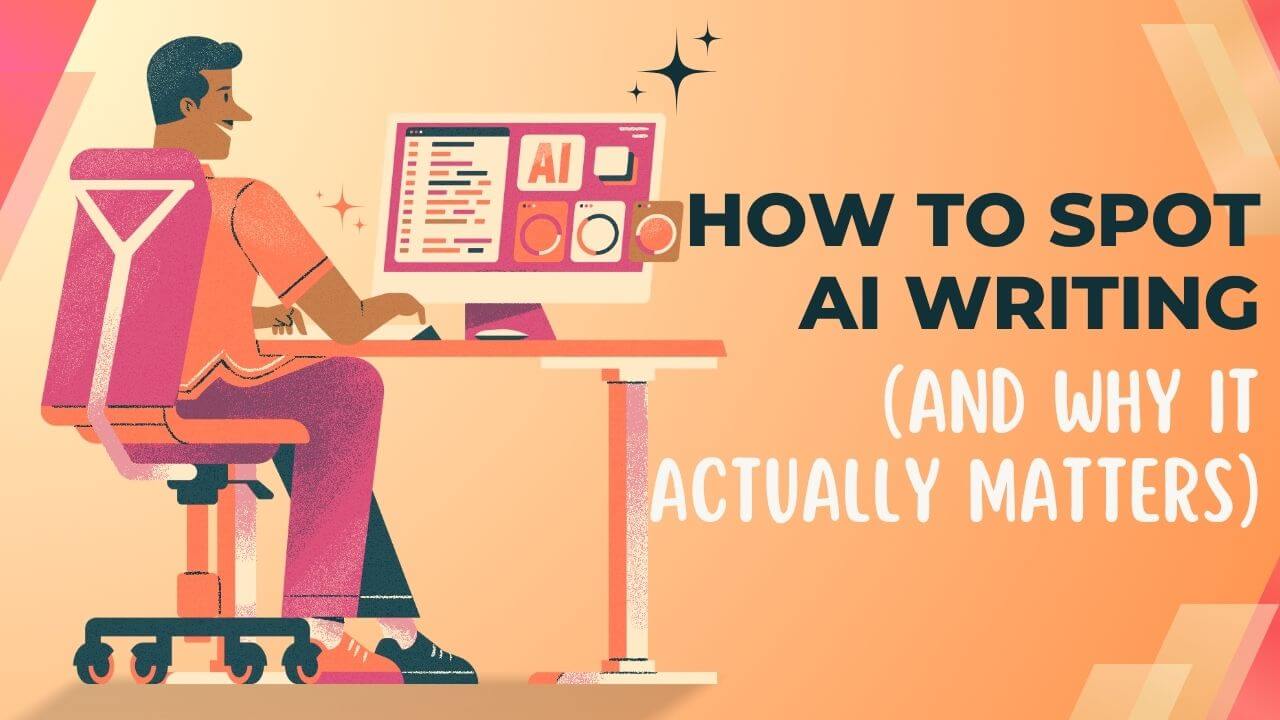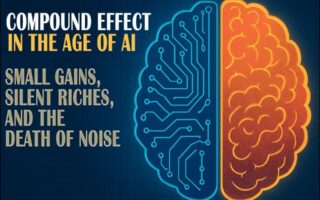If your feed feels eerily familiar, your job application gets ghosted by a bot, or your local dialect is “corrected” by autocorrect—chances are, you’ve met the gatekeepers. Not the boardroom kind. The algorithmic ones.
Welcome to the age of invisible algorithms—mathematical decision-makers ruling your recommendations, rankings, and relevance. Designed to streamline and personalize, they’ve become quiet power brokers in everything from social feeds to employment to education. But here’s the kicker: if the data is biased, the algorithm gets it wrong—quietly, systematically, and often without anyone realizing.
👀 Wait, What’s an Algorithm Again?
Think of it as a digital recipe:
Step 1: Take your data.
Step 2: Apply rules.
Step 3: serve an outcome.
A search result. A credit score. A dating match. Every time we click, scroll, type, or shop, we’re feeding it more ingredients.
But who wrote the recipe? What ingredients were considered “normal”? And how do we know it wasn’t trained on data that excludes stereotypes, or misunderstands Filipino realities?
🤖 When Bias Becomes a Feature, Not a Bug
Let’s be clear: algorithms aren’t intentionally biased. They absorb whatever we feed them—and if the training data reflects a world of inequality, the algorithm simply continues it, silently and scalably.
Here’s how that plays out:
- Hiring AI ignores local talent: Résumés from prestigious Western universities may be favored, while equally qualified candidates from Mindanao or Bicol are filtered out for lacking “global markers.” It’s not discrimination by design—it’s exclusion by default.
- Speech AI mislabels dialects: Taglish. Chavacano. Hiligaynon. Our linguistic richness confuses systems trained mostly on Western English. Results? Wrong subtitles, mistranslations, and bots that just can’t “get” us.
- Social feeds push the wrong narratives: Algorithms reward what gets clicks, not what’s responsible. Local stories lose out to foreign sensationalism. Your nuanced post about Filipino farmer innovation? Buried. That viral fail compilation from abroad? Front and center.
- Credit scoring tools “flag” the underbanked: Many Filipinos still operate outside traditional credit systems. So when financial AI looks for proof of trustworthiness, those who rely on cash transactions or informal lending are penalized. No credit history? No loan. It’s an equation that wasn’t built with sari-sari stores in mind.
📌 Why Filipinos Need to Care—Urgently
We’re living in the most connected time in Philippine history—remote jobs, AI-enabled learning, digital gig work, and financial technology (fintech) for the unbanked. And yet, if we’re interacting with tools that don’t understand our context, we’re not just participants in the digital economy—we’re liabilities to it.
Imagine an entire generation locked out not because they lacked talent, but because the system was trained on data that never included them.
From Manila freelancers to Davao-based developers, we deserve tech that recognizes who we are and what we bring to the table, not just sanitized global templates.
🧠 What Can We Do About It?
Before we panic about biased algorithms, let’s remember something you brilliantly pointed out in AI Bias vs Human Bias: AI bias, while problematic, is often more honest than human bias. Why? Because it’s traceable. When an algorithm makes a flawed decision, we can dissect the data, audit the model, and recalibrate. Human bias, on the other hand, is slippery, rooted in emotion, tradition, and unconscious patterns we rarely admit, let alone fix.
As you wrote, “AI doesn’t experience cognitive dissonance… it reflects biases in a clear, measurable way, allowing society to confront them directly.” That’s a powerful reminder that while AI can inherit our flaws, it also gives us a rare opportunity to confront them head-on.
So what can we do?
- Demand representation in the data. Push for datasets that reflect Filipino realities—our languages, our faces, our stories.
- Build with context. Encourage local developers and AI practitioners to design systems that understand our cultural nuances, not just global averages.
- Stay vigilant and vocal Question default outputs. Challenge what’s “recommended.” And when something feels off, speak up—because silence is the algorithm’s favorite accomplice.
🥊 So, What?
Bias in AI isn’t new. But when the average Filipino gets excluded by design—or erased by accident—it stops being a glitch. It becomes a form of silent digital colonization. Left unchecked, our future risks being filtered through systems that don’t see us, don’t speak like us, and don’t work for us.
But here’s the thing: we still hold the power. The power to build better prompts, question flawed systems, and create technologies that speak with our accent, in our voice, for our future.
Algorithms may be invisible gatekeepers. But they don’t have to stay in charge.







